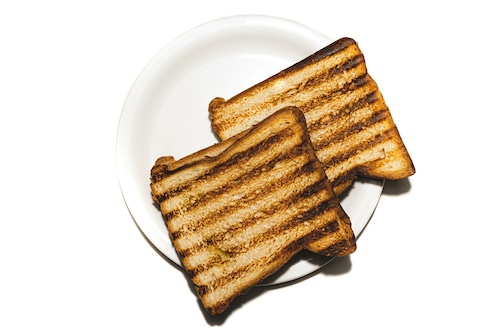There may be negative health impacts from exposure to a common chemical included in breakfast meals.
A higher risk of heart attacks and strokes is one of these health impacts.
A chemical called acrylamide may be connected to an increased risk of these diseases, according to new research by Spanish researchers published in the journal Nutrients, according to FoodBev Media.
According to the Encyclopedia Britannia, acrylamide is created in food when it is fried, baked, or roasted. These heating methods start the Maillard reaction, which produces acrylamide when reducing sugars—simple monosaccharides that can perform reduction reactions—found in foods high in carbohydrates react with amino acids.
As a result, residues of acrylamide were discovered in common morning items like toast and even coffee, as well as other items like cookies and fried rice.
According to Encyclopedia Britannica, acrylamide is a suspected carcinogen (an agent that causes cancer in humans) and is known to be neurotoxic.
The chemical may actually increase the risk of heart attacks and stroke by up to 60%, according to the study.
The study comes to the conclusion that more longitudinal research is required to elucidate the long-term impacts of acrylamide on the cardiovascular system. The review’s conclusions, which draw attention to the possible negative consequences of acrylamide exposure, are highly relevant to public health since they show links between important cardiovascular risk factors and illness outcomes.
Additional efforts are required to raise public understanding of how home-cooking activities contribute to acrylamide exposure, even though regulation measures like those imposed in the US constitute major progress.
According to the research, tackling the wider health hazards related to substances would require both ongoing innovation in the food industry’s methods and educating consumers about ways to reduce the development of acrylamide.

